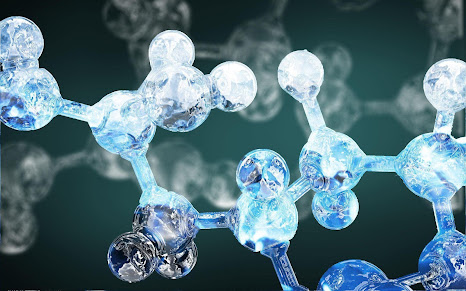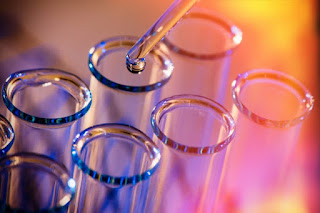What is meant by drug development?
Drug
development is a term used to define the entire process of bringing a new drug
or device to market. It is an integrated, multidisciplinary endeavor that
includes drug discovery, chemistry and pharmacology, nonclinical safety
testing, manufacturing, clinical trials, and regulatory submissions. This
report summarizes presentations of a workshop entitled "Drug Development
101," held at the 39th Annual Meeting of the American College of
Toxicology in West Palm Beach, Florida. The workshop was designed to provide an
introductory overview of drug development. Experienced scientists from industry
and government provided overviews of each area, with a focus on safety
assessment, and described some of the challenges that can arise. The role of
chemistry and manufacturing was discussed in the context of early- and
late-stage product development and approaches to assess, control, and limit
impurities. The toxicologic assessment was emphasized in early-phase
development, from the selection of a candidate drug through the determination
of a first-in-human starting dose. Clinical trial development was discussed in
the context of regulatory requirements and expectations. The final topic of
issues and considerations in the review processes of different types of
submissions to Food and Drug Administration included advice for best practices
in authoring good Investigational New Drug and New Drug Application/Biologic
License Application submissions and interacting effectively with regulatory
reviewers.
For more details : Drug Discovery




Comments
Post a Comment